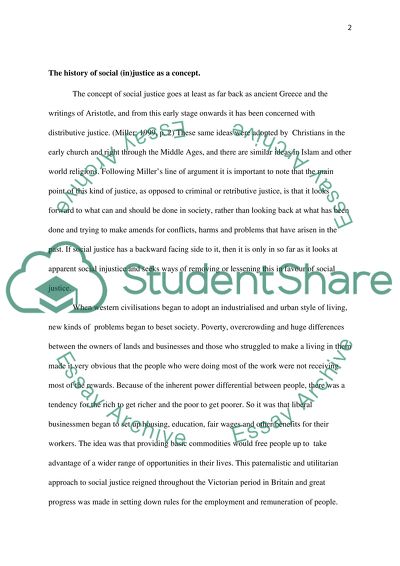Cite this document
(“Global social justice Essay Example | Topics and Well Written Essays - 4000 words”, n.d.)
Retrieved from https://studentshare.org/environmental-studies/1408540-global-social-justice
Retrieved from https://studentshare.org/environmental-studies/1408540-global-social-justice
(Global Social Justice Essay Example | Topics and Well Written Essays - 4000 Words)
https://studentshare.org/environmental-studies/1408540-global-social-justice.
https://studentshare.org/environmental-studies/1408540-global-social-justice.
“Global Social Justice Essay Example | Topics and Well Written Essays - 4000 Words”, n.d. https://studentshare.org/environmental-studies/1408540-global-social-justice.


